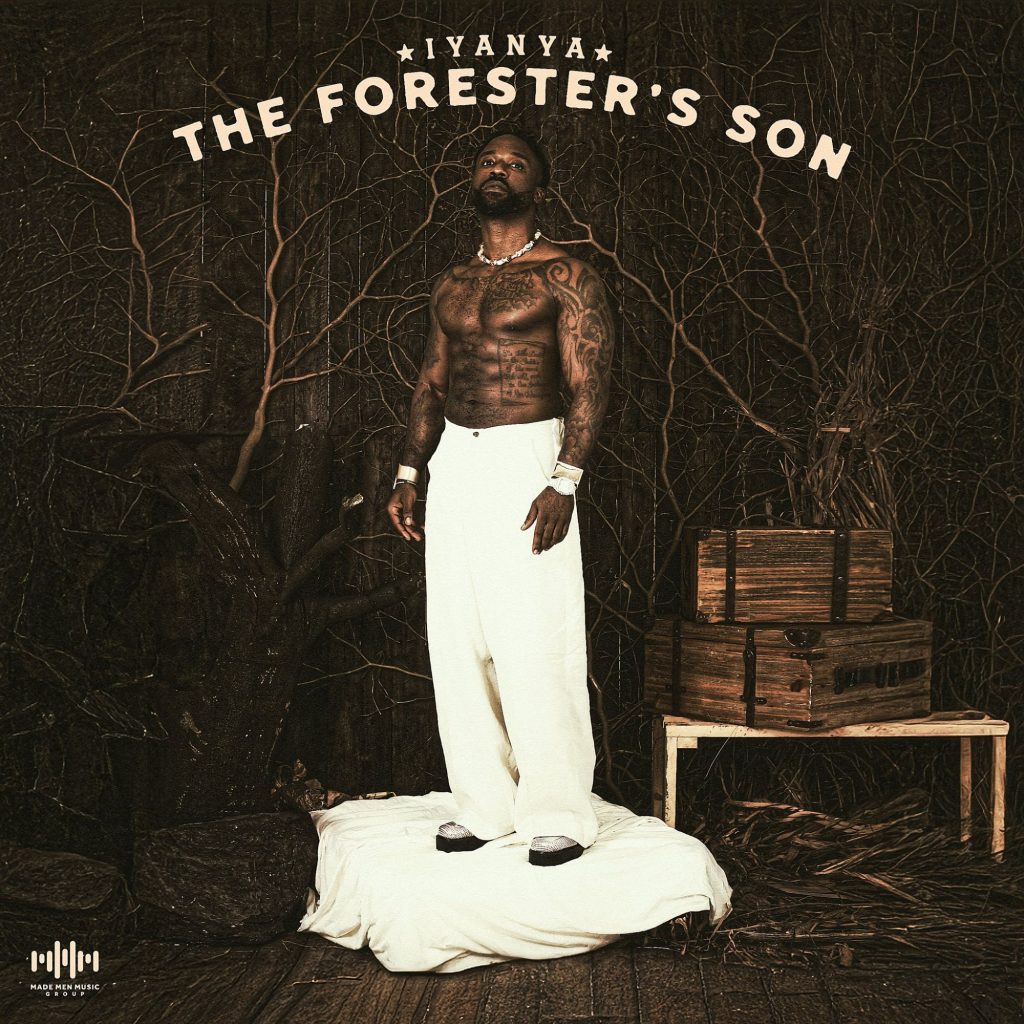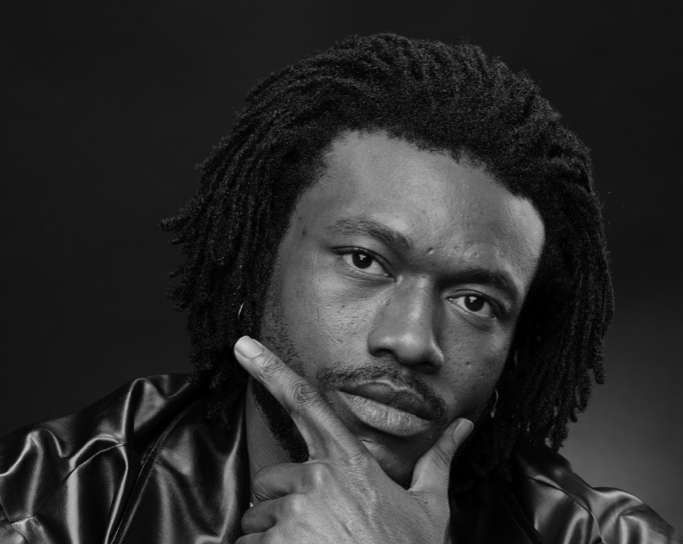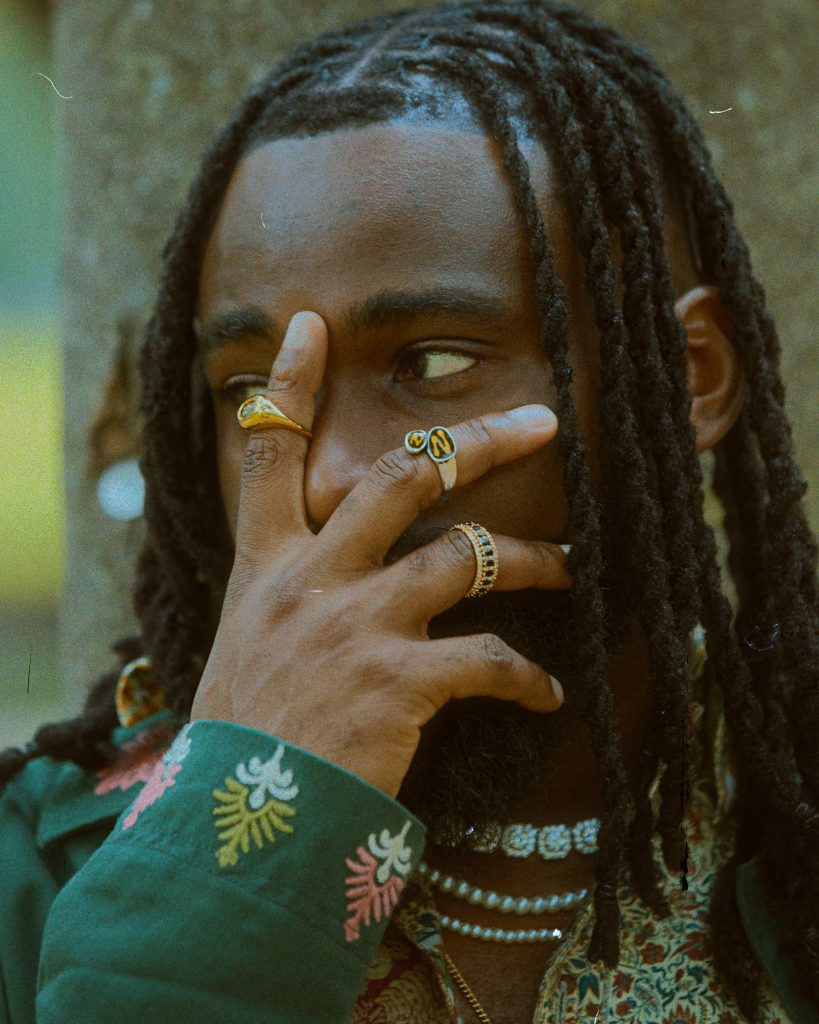On his debut album, Ayo consolidates on the sonic tenets that facilitated his success and rarely deviates from the tried and tested formular.
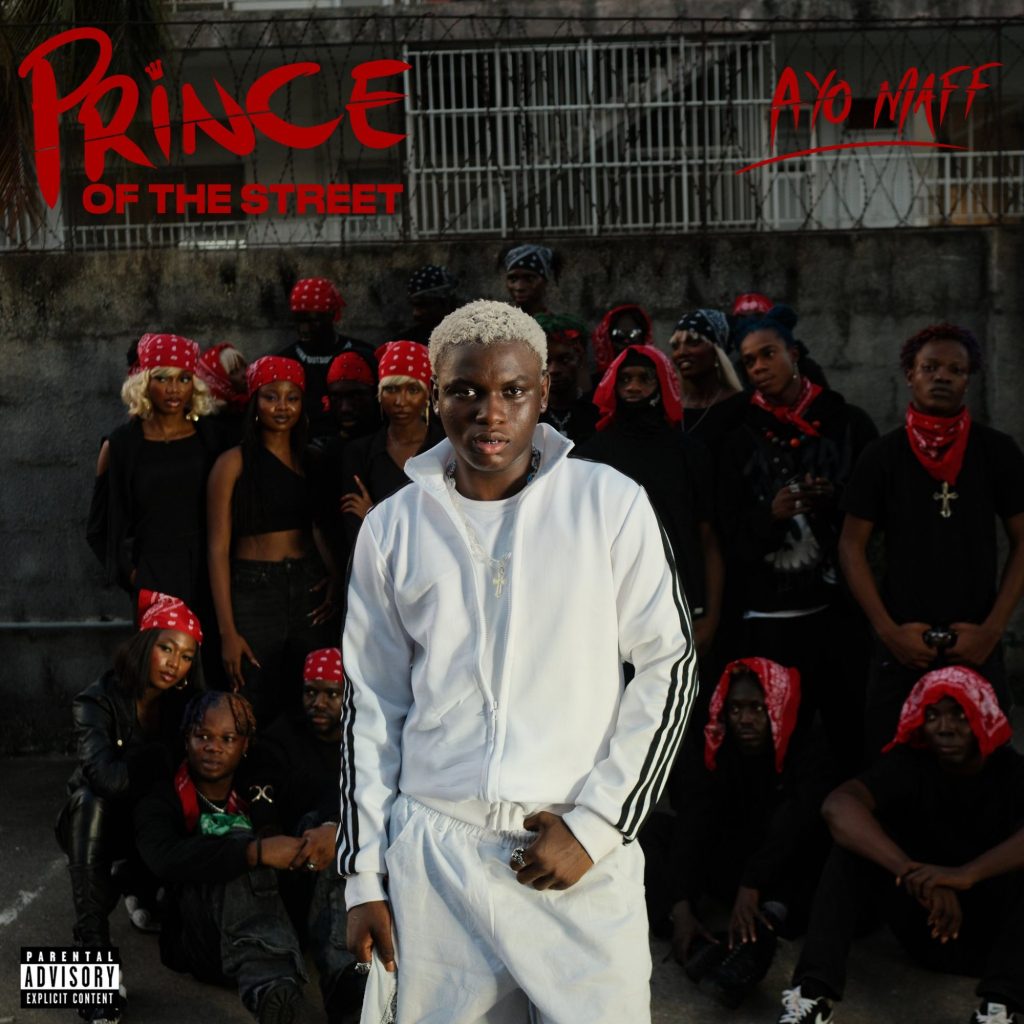
In a year that struggled to mint new stars and one which underground acts struggled to gain traction, Ayo notched one of the biggest smash hits of the year with a Fireboy DML collaboration. Months after Dealer dropped, he capitalized on the momentum and opted to do the absurd thing of not including the hit record on the EP, a decision that even a superstar wouldn’t make. This spoke volumes about the fact that this boy is an artist through and through, who prioritizes the cohesion and vision of his project more than the optics of having huge numbers.
Ayo is also smart to understand that the industry waits for no one and stars who are making all the waves could get forgotten in a split second. This awareness is one that informs his decision to release his debut album, a year after his breakout but while that is the sensible path to follow, is the music any better for it?
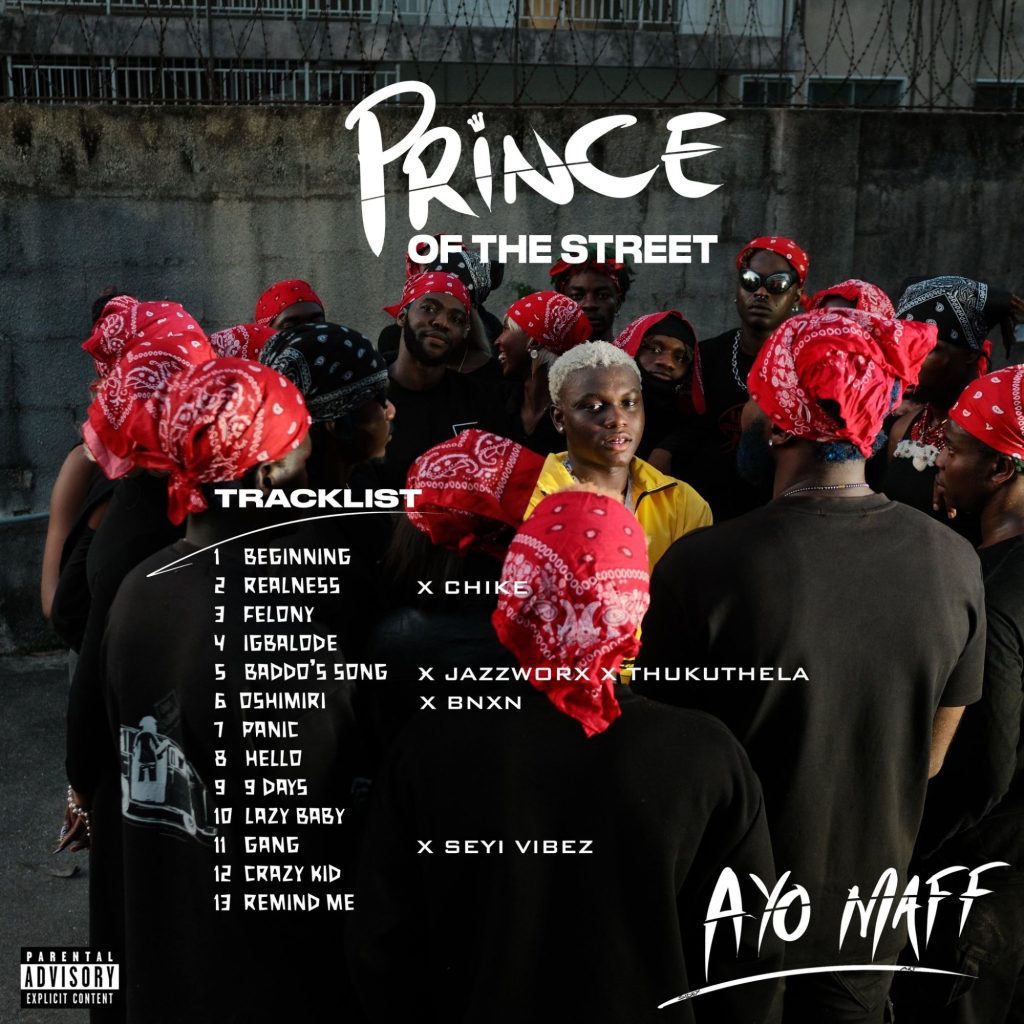
Naijashimadun’s words opens the album and sets the stakes. It wasn’t so long ago, when Ayo came under intense scrutiny from the Tiktoker whose criticism was unwarranted and nonsensical. Although he released an apology later on, Ayo’s reply emphasized the fact that his music is borne out of the reality of a boy from the ghetto. His defiance on Beginning continues when he sings, “my grandma tell me say, if I die no cry for me.” A line that explicitly disregards Naijashimadun’s imploration to forget what loved ones tell him and sing about more superficial things.
Despite the simmering undercurrents of Amapiano shakers and drums, Realness is pretty much Chike territory with a dialed down tempo and a romantic optimistic gaze. The back and forth response makes the song song sound like it was cut from the sonic fabric that defined Chike’s sophomore album. Felony is more of the same mellow street-pop adjacent music, carried by melodic musings of lost love and jaded views of life, after being dealt the tough blow of not having enough. So far so good, the album has been pretty cohesive but still stuck in gear one nonetheless. From here on, it needed a strong deviant song to shake things up.
Igbalode isn’t that song and it only doubles down on the Amapiano elements of the second song and despite ramping up the tempo, it’s still pretty much a derivative bop for Ayo’s artistry. The production is textbook Amapiano fusion and Ayo doesn’t do anything interesting with it either. Baddo’s Song pays homage to the greatest street act, who is also from Ayo’s hood. Ayo revealed to this writer that he sampled “Yemi My Lover” because it was one of the hit songs that soundtracked growing up in Somolu, Bariga. It’s not the best use of a sample, when the OG song featured unparalleled singing and rapping dyamism from Olamide and Ayo mostly deplores his trademark flows on here. However, it’s difficult to hate on a wholesome moment like this one.
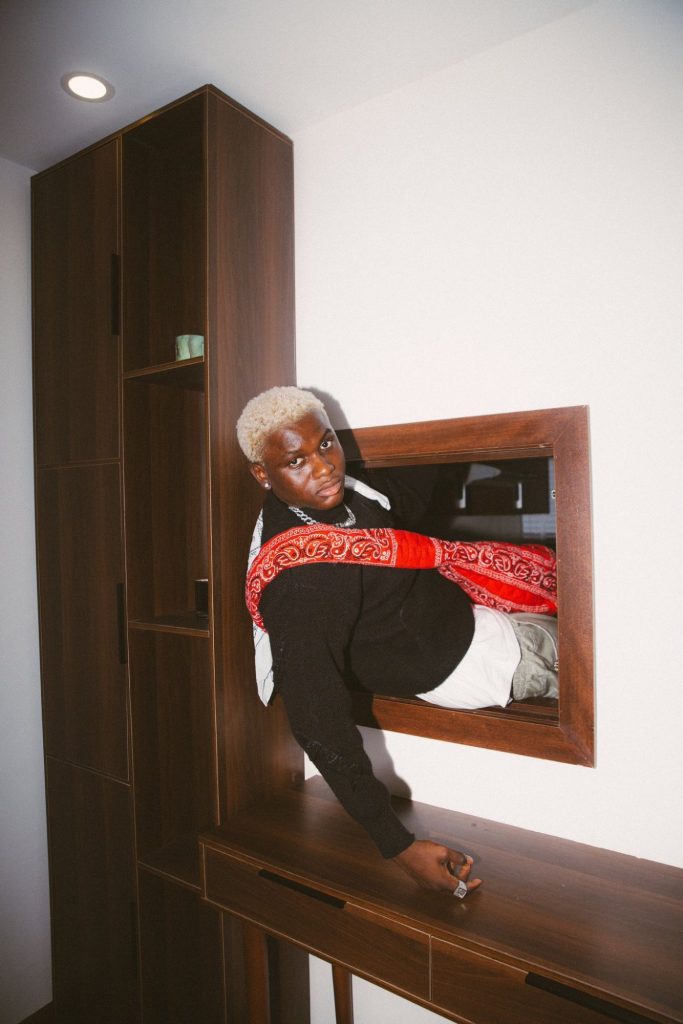
Oshimiri does away with the familiar Amapiano elements but Ayo’s topical elements remain the same. BNXN’s approach has some romantic sentiment, but it ultimately feeds off the song’s atmosphere of introspection and reminiscing about the struggles of the past, thus making their gratitude for the present more tangible. BNXN might not have used his overworked cadence but his delivery is a bit too tame for what the pulsating beat required. Panic would have benefited from a much more naked beat, that matches Ayo’s vulnerability on the song and the album too would have benefited from a two/three track sequence that’s outside the Amapiano-fusion template, but alas it returns us there and the monotony starts to rear its head.
Ayo sings about a love interest that has forgotten all about him on Hello, after emigrating and it speaks to his own limitations of not having enough money and what he’s done in the past to make said money. It’s more of the same delivery archetypes and it starts to get tiring, but the Drill twist on the 9 Days beat brings some much needed variance. Lazy Baby‘s beat is high octane and energetic, treading hyper-pop territory you’ll mostly find alte artists on. Ayo doesn’t match the dexterity of the beat though and it’s another missed opportunity to do something out of the box.
Seyi Vibez has been on an impressive run of features lately and it extends to this album on Gang. He aptly calls himself Afro-Samurai, summing up his swaggering delivery in a statement and Ayo matches his energy too and delivers one of his better verses on the album, while deploring one of the more memorable hooks too. Ayo finally does something out of the box on a DJ YK Mule-type beat on Crazy Kid, singing about everything from indulging the extravagance, being a casanova and generally living life to the fullest.
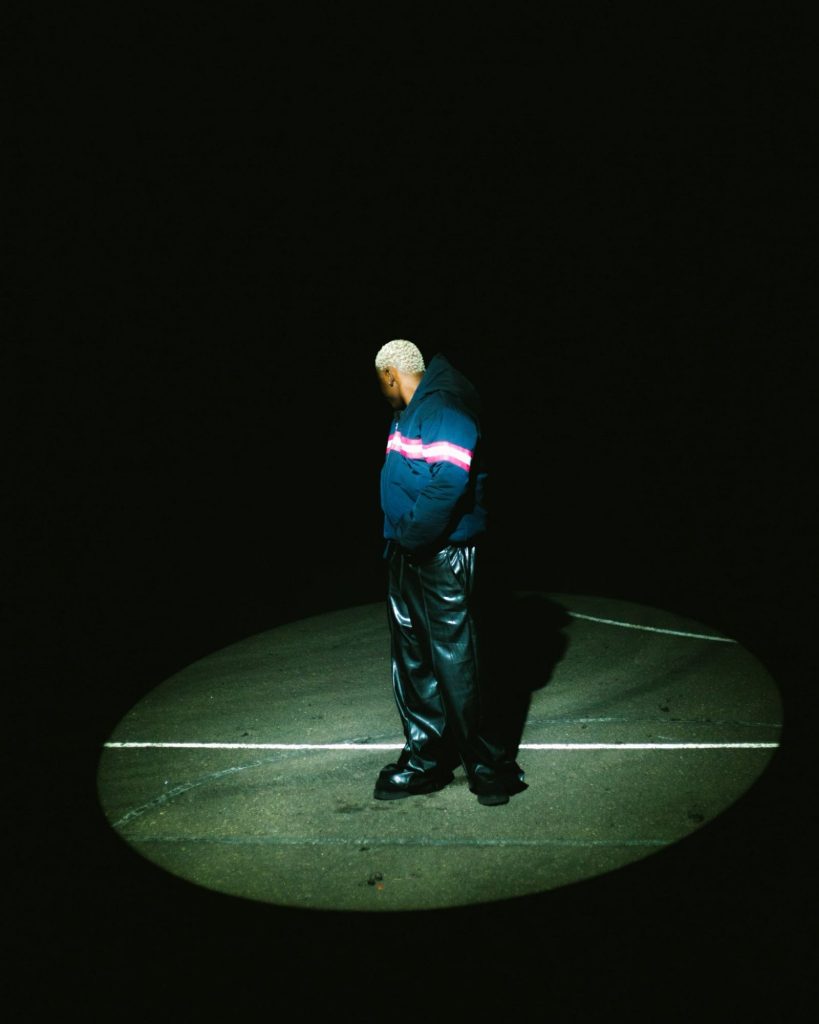
The album ends on the same solemn note it started on, with Ayo singing about the need to remain grounded and not lose himself on Remind Me. It’s a travail as old as time, where artists lose sight of what matters and lose their innate ability to make art as profound as they used to because they aren’t grounded anymore. Ayo believes that won’t be him because he is self aware to realize it’s a possibility and he’s keeping his day ones around him. Another thing he revealed to his writer in a Twitter space chat.
For his fans, Prince Of The Street will be an immensely satisfying record. He doubles down on the stories that endeared him to them in the first place and hardly betrays said approach. For casual listeners looking for something more, the album will be a bit monotonous but there is enough musicality on display to warrant multiple listens and good songs that will stand the test of time.
Final Verdict:
Sonic Cohesion: 1.5/2
Expansive Production: 1.0/2
Songwriting: 1.2/2
Delivery: 1.1/2
Track Sequencing: 1.2/2
Total: 6.0/10


